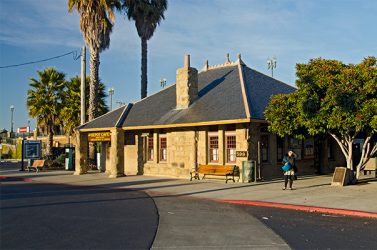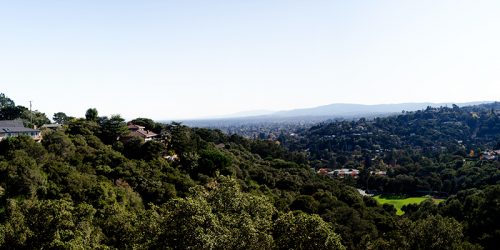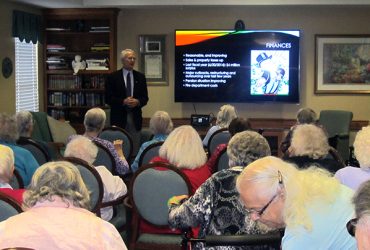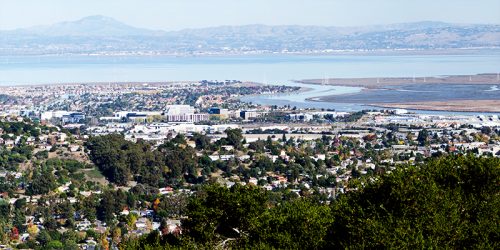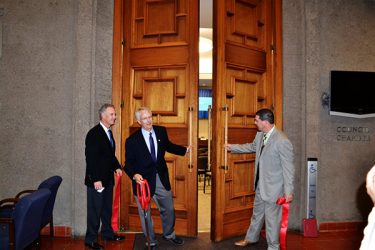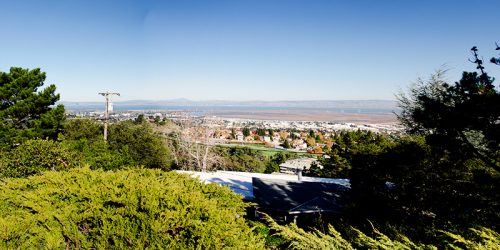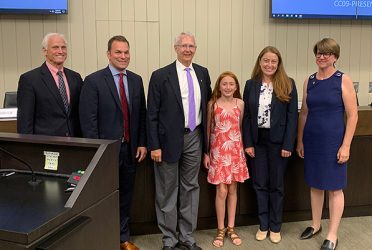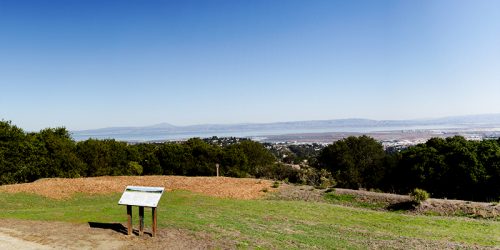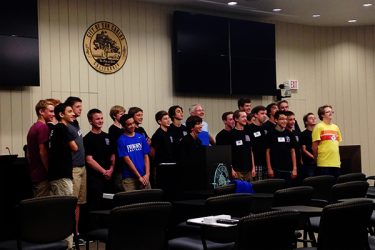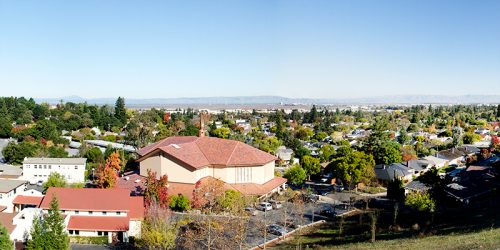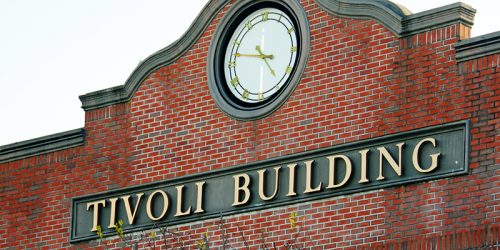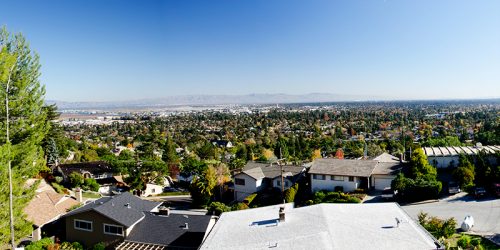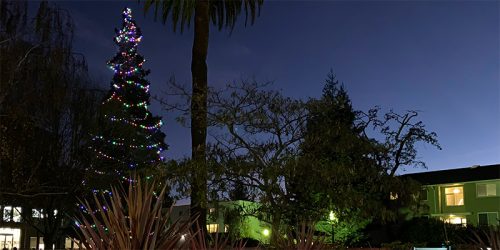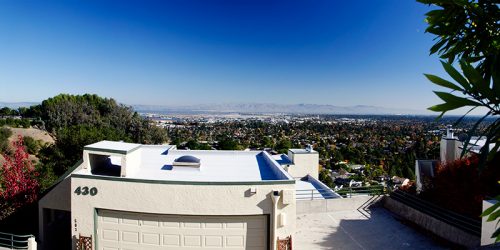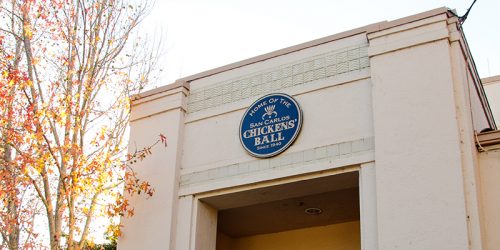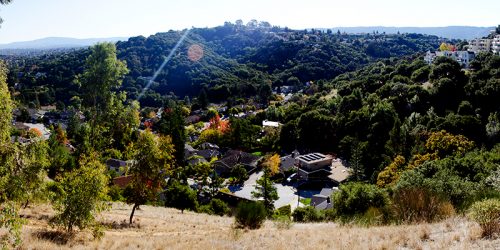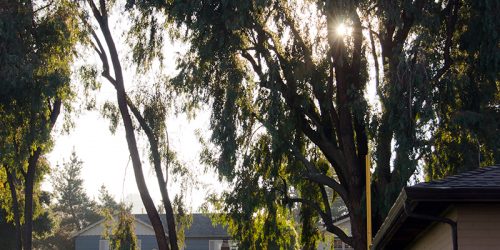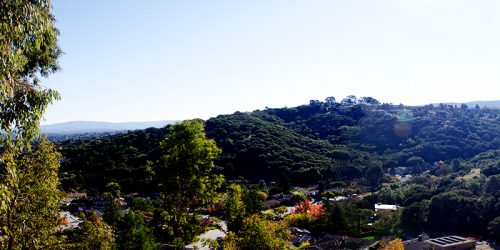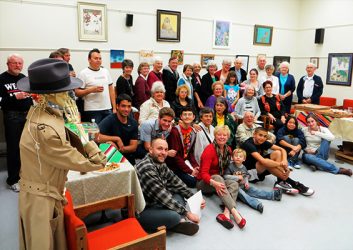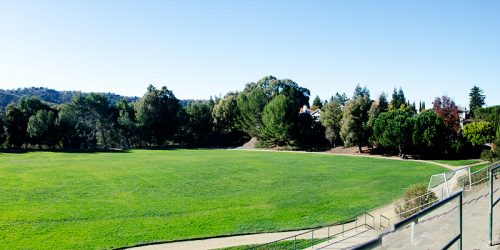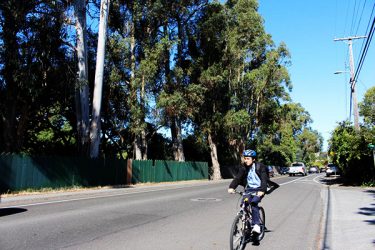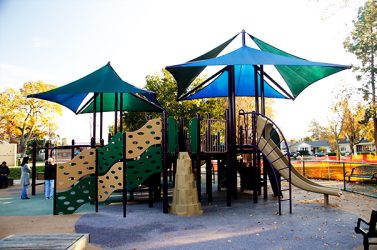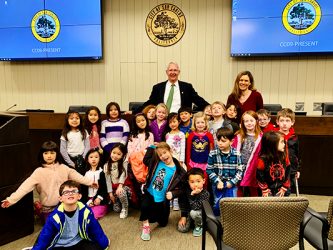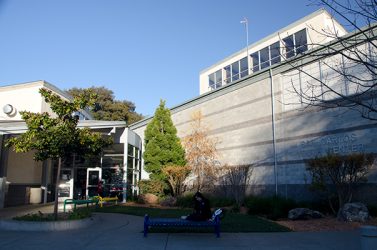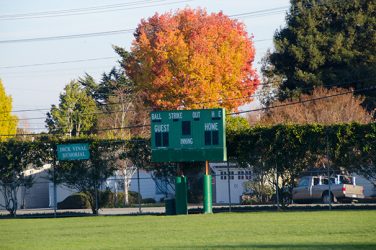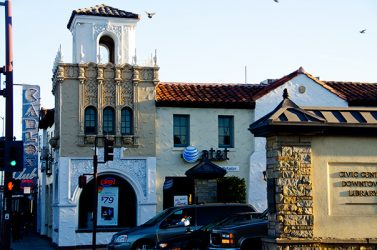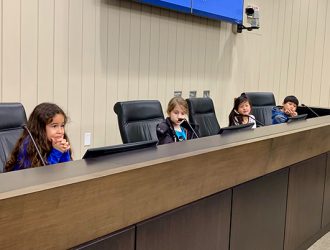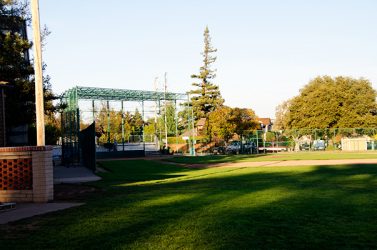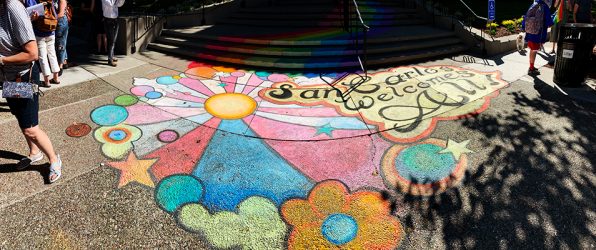Recently the Council changed the way the Residential Design Review Committee is structured (this is the commission which reviews and approves home remodeling and construction projects). The change involves hiring individuals with design expertise (e.g., architects) to sit on the RDRC.
One of the arguments staff gave for the change was that it would help to level the playing field between design experts representing applicants and the RDRC. It was felt this would lead to neighborhood concerns being better addressed, because RDRC members lacking design expertise can hesitate to push back against an applicant’s expert(s) arguing that some change to a project’s plans cannot realistically be made. Although I voted against the recommendation, I am not strongly opposed to it.
But it highlighted an aspect of public decision-making I wanted to share, and which I hope will make its way to all the residents we appoint to our various commissions. These are my personal views, and not necessarily those of the Council or the staff.
Serving the community as a commissioner is an always challenging and sometimes-thankless task. In part, that’s because commissioners are called upon to take positions or make decisions outside of their areas of expertise. Reasonable people tend to find that daunting, because they want their decisions to be fully informed.
In practice, that’s generally not achievable. Most of the decisions reaching, say, the Planning Commission or the RDRC, involve applying an involved set of rules to specific situations. The rules are involved to provide applicants with a degree of flexibility in meeting their own desires while complying with community requirements. Consequently, commissioners mostly deal with challenging matters, situations involving choices which, while based on analysis, also require intuition and judgment. When coupled to the breadth of issues that come before our commissions, this creates an important role for subject-matter experts, who generally need to be paid for their expertise.
But hired guns don’t necessarily make the best community decision-makers if they themselves are not residents. My most important private sector mentor taught me this, in the context of our merger-and-acquisition department’s work with corporate attorneys: the lawyers are there to advise us on how the law impacts or influences our business decisions. But the business people make the final call, because we are the ones ultimately responsible for the success or failure of the enterprise. It’s unlikely a non-resident hired gun will feel as much of a stake in the outcome of something as a commisioner who lives in our community.
Resisting the temptation to “go with the experts” is hard for a commissioner trying to be reasonable and objective. Which is generally the kind of person the Council looks to appoint to our commissions. In fighting the temptation it is worth remembering that, whatever the knowledge and skill of the expert coming before you, you are the expert on what it means to be a San Carlos community member…and you speak with the voice of 30,000 people.
The experts are there to answer your questions and present their educated perspective. But it is you who are responsible for judging their input, and incorporating it into a decision that best serves the interests of San Carlos.
Sometimes that may involve rejecting outright what they have to say. More often, it may involve telling them to come up with a different approach. One you need not define, and may not be able to define; you’re not the expert, after all. You just know the rules and regulations the community of San Carlos has adopted for itself, to be the City of Good Living.
It’s also worth remembering not to be stifled by expertise appearing before you. The best experts not only know their stuff, they know how to explain it. Put another way, if a commissioner doesn’t understand something after hearing from the experts, that’s not the commissioner’s problem. It’s the expert’s problem: they were unsuccessful in getting a decision-maker to understand something they believe to be important.
In closing, I hope you will keep this in mind when you take the plunge, and apply to become a commissioner. There’s no better way I’ve found to become a better citizen than to learn how to make decisions on behalf of your community.
And for those who already serve San Carlos, thank you for all you do. Keep up the good work!
